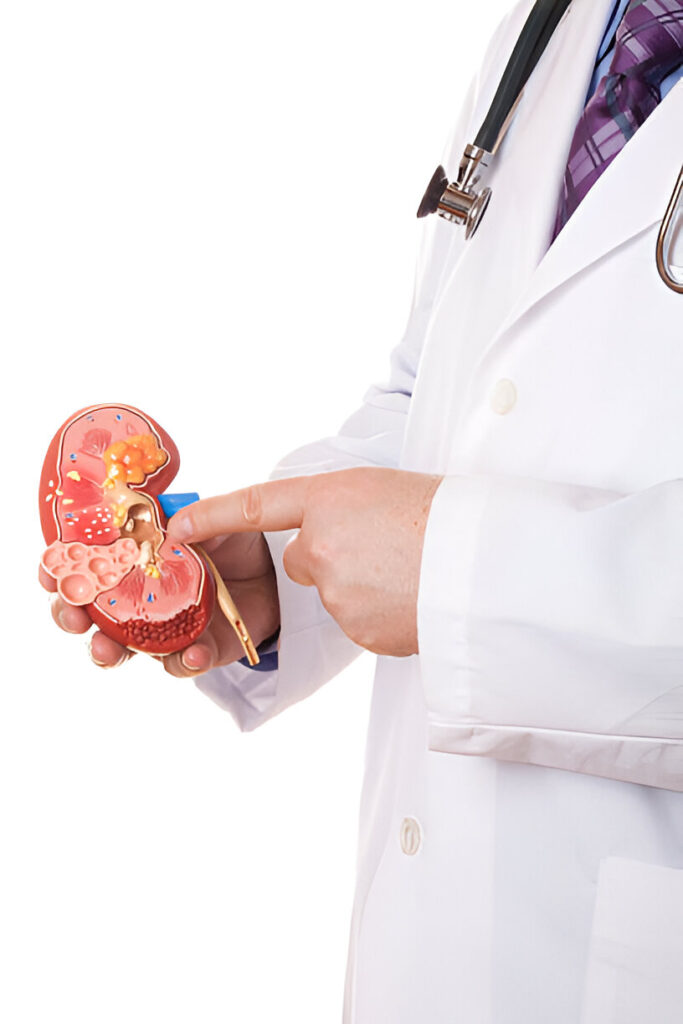Kidney stones are a painful, often recurrent health issue, but did you know that obesity could be increasing your risk? It’s a lesser-known connection, but a growing number of studies are shedding light on the link between obesity and kidney stones. Knowing how your weight may impact your kidney health can empower you to make informed lifestyle choices.
The Connection Between Obesity and Kidney Stones
Your body’s metabolism changes with weight gain, and this affects how your kidneys function. Obesity can lead to an increase in certain substances in your urine, like calcium and uric acid, which contribute to the formation of kidney stones.
People with higher body weights often have lower urinary output, creating conditions in the body that favour stone formation.
How Obesity Affects the Risk of Kidney Stones
When you carry extra weight, your kidneys work harder to filter out waste from your blood, increasing your risk of developing stones. The high levels of calcium and uric acid in the urine of people with obesity can contribute to the formation of calcium-based and uric acid stones, both of which are highly painful and challenging to manage.
Your diet also plays a major role in this connection. Obesity is often associated with diets rich in processed foods, high in salt and animal protein, which elevate your risk of stone formation.
How to Reduce Your Risk of Kidney Stones
There are practical steps you can take to reduce your risk of kidney stones, especially if you’re concerned about the impact of obesity on your health:
Stay Hydrated
Drinking enough water is one of the best ways to prevent kidney stones. Water dilutes the substances in urine that lead to stones, so aim to drink at least two litres a day, adjusting based on your activity level and environment.
Limit Salt Intake
A diet high in salt increases calcium levels in your urine, which can encourage stone formation. Try to limit processed and packaged foods, and season your meals with herbs and spices instead of salt.
Choose Plant-Based Proteins
Reducing the amount of animal protein in your diet can also help. Animal proteins increase uric acid levels, a major component of certain types of kidney stones. Opt for plant-based proteins like beans, lentils, and tofu to reduce your risk.
Maintain a Healthy Weight
Losing even a small amount of weight can reduce your risk of kidney stones. The key is to lose weight gradually; rapid weight loss can sometimes lead to a rise in uric acid, which could actually increase your risk.
Consider ESWL Treatment
For those who develop kidney stones despite these preventive steps, there are medical options available. Extracorporeal Shock Wave Lithotripsy (eswl) is a non-invasive treatment that uses shock waves to break down stones into smaller pieces, allowing them to pass more easily.
ESWL is often recommended for stones that are difficult to pass on their own, particularly in cases where lifestyle adjustments may not be enough.
Parting Words
Obesity and kidney stones are intricately connected through your body’s metabolism and the substances filtered by your kidneys. By making small, manageable changes to your lifestyle, you can significantly reduce your risk of kidney stones.
If stones do form, treatments like ESWL are available to help manage them effectively. Taking these steps can improve both your kidney health and overall well-being, reducing the likelihood of painful kidney stone episodes in the future.

